Tere bina zindagi se
Song: Tere bina zindagi se – Aandhi’ 1975
Lyrics: Gulzar
Music: R D Burman
Singers: Lata – Kishore Kumar
“The only happiness in this life is to love and be loved…”
What starts with sharing an overcoat moves on to the realization that life is all about sharing; otherwise, it’s just existence! The Vibraphone starts with Sanjeev Kumar putting his overcoat on Suchitra Sen’s shoulders and the Sitar simply clears the way for tears to gather in her eyes! The violins then set us on the path of fond togetherness!
Trivia has it that Gulzar sahab was writing the script for this film in the Akbar Hotel at Delhi, where a waiter named JK served him exceptionally well. As a token of gratitude and acknowledgment, Gulzar sahab promised him that the hero of his script would be named JK. The legendary writer was so impressed with Panchamda’s Bengali song “Jete jete pote holo deri”, that he decided to have this tune speak the hearts and minds of the estranged couple. And he weaved one of the most sentimental lyrics on the tune- “Tere bina zindagi se koi shikwa nahi, tere bina zindagi bhi lekin zindagi nahi…”
The entire world can go into oblivion for a lover’s heart! And its charm can rob you of words too, just like the onscreen couple who does not lip-sync the song. It’s one of those masterpieces, where expressions and body language sing the song…and the camera captures them as if it’s in love too!
Lataji’s rendition of the song has ‘layakari’ and ‘gaayaki’ whereas Kishoreda makes a statement. It feels as if he brings the subtlety of a butterfly to her life, while she brings substance to his! The song is a proud acceptance of the fact that it’s just love and love…all the way. Differences eventually turn out to be meaningless as we move on.
There comes a time when the most-sought-after destination of our lives needs to be changed. The efforts put into seeking it needs to be stopped. That is the time when the journey becomes vital, the companionship and bonding seem precious. The destination is just secondary because tum gar saath ho, manzilon ki kami to nahin (with you by my side, destinations are aplenty).
The soul-stirring dialogues interspersed in the second interlude where he says that the new moon phase (amaavasya, of separation) lasted way too long and she admits the 9 long years of that phase so willingly, are an inseparable entity altogether. Until this time, Sanjeev Kumar leaves no stone unturned to hide his tears. When she volunteers to cry it all out by herself because teri bhi aankhon mein aansuon ki namee to nahin (your eyes aren’t moist), the expressions on Sanjeev Kumar’s face fill the screen, as Kishoreda’s voice fills your heart!
The charisma of that night is so overwhelming that he wants her to stop the night (raat ko rok lo) because raat ki baat hai, aur zindagi baaki to nahin (there seemingly isn’t any life beyond this night)!
The use of chromatic notes at the beginning of the stanzas to show the hesitation while the tune’s landing on ‘dhaivat’ shows the relief of opening up. Besides the lyrics, composition, and rendition, the music arrangement of this song is a priceless contribution by Basu-Manohari, the phenomenal musician-duo of Basudev Chakraborty (the celebrated Cellist) and Manohari Singh (revered as the ‘Saxophone Supremo’). The beautiful harmony (chords) in the ‘mukhda’ is as touching as the entire song.
Ego, self-respect, ambitions are all shown the door when love takes over, as being career-oriented gets replaced with being feeling-oriented! The magic of love and the bursts of upheaval associated with it are some of the basic human necessities too. Distance makes the heart go fonder they say, but in love, you can’t bear being even a heartbeat away. And all this makes love mesmerizing!
These stalwarts haven’t created a song, they’ve created an emotion; one that listeners have been feeling for 43 years!


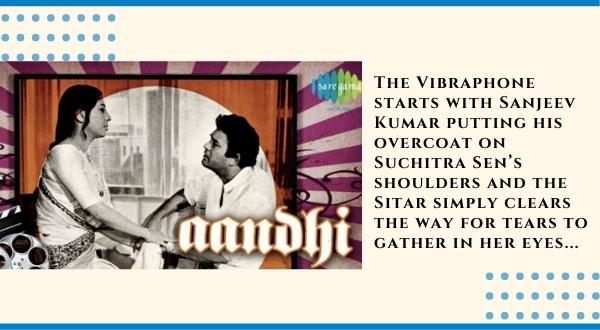
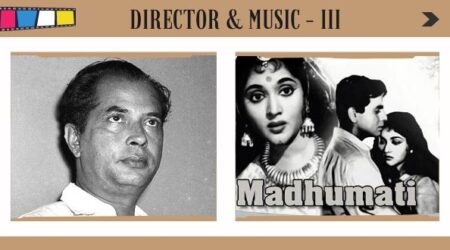


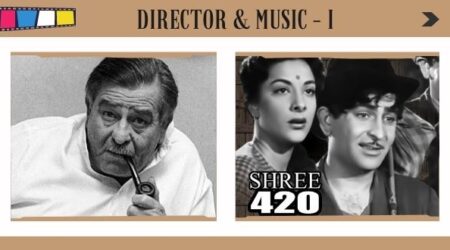

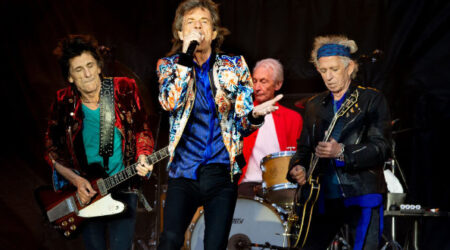
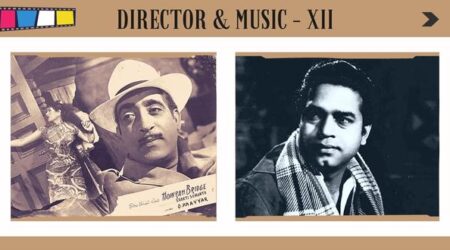
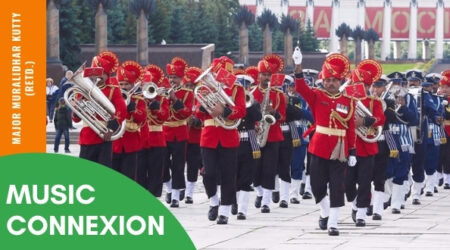
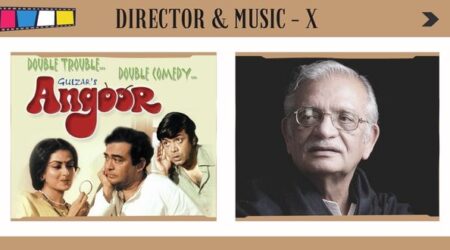
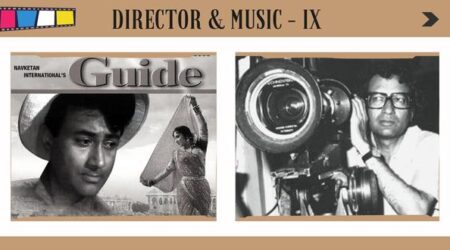

Leave a Reply